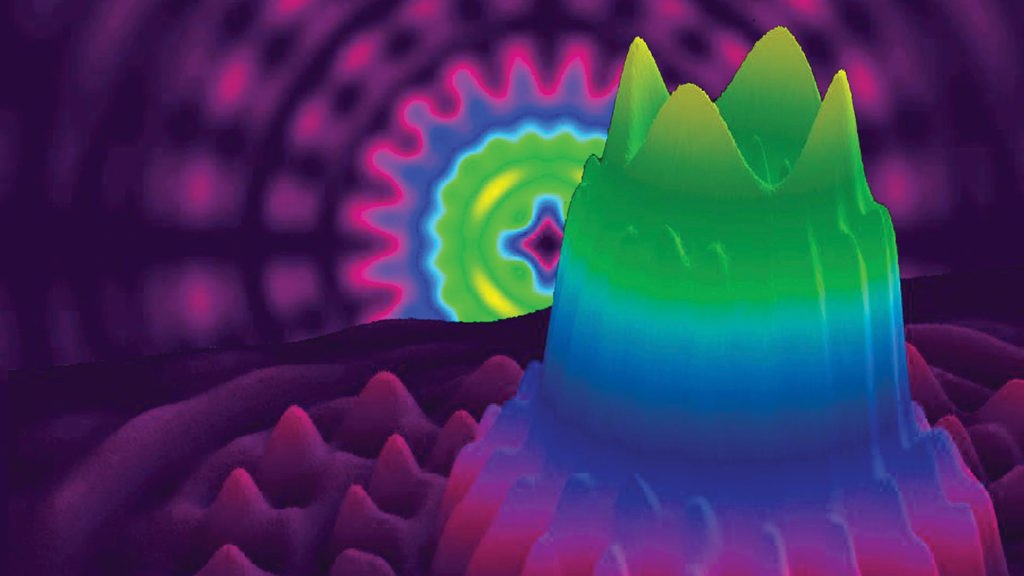
03 - 06 June, 2024
Mec Paestum Hotel
Capaccio Paestum, Italy
Events
Bernard Kress

Plenary: How Vision Comfort Requirements and 3D Cues are Defining Next Generation Display Architectures for All-day-use Smart Glasses
Wide adoption of smart glasses has notably missed the consumer market over the past decade, even though enterprise, industry and defense markets resonated strongly with such early hardware offerings (Google Glass, HoloLens, Magic Leap, IVAS, etc.). This major miss was mainly due to the lack of strong use cases for smart glasses having strong differentiation from the ones developed for smart phones or watches. Today, with the advent of LLM and generative AI, smart glasses linked to high resolution cameras and gaze trackers might be able to provide unprecedented resonance with the consumer and thus for the first time propulse smart glasses as a potential commodity in the consumer electronics realm.
But such a potential market pull is also contingent on the availability of generic platforms over which such apps may be running, as with Vision OS, Android XR and Horizon OS.
The availability of a strong hardware ecosystem (display, imaging, sensing) is the last requirement and needs to address all three AR comfort pillars: wearable comfort, visual comfort and social comfort.
In this talk, we will focus specifically on visual comfort and how 3D information may be provided to the smart glass wearer in a visually comfortable way without impacting either wearable or social comfort.
About the Speaker
Bernard has been involved in optics and photonics for the past 25 years as an associate professor, researcher and engineering director – starting in academia before moving to entrepreneurship and start-ups and eventually to large multinational corporations. He worked on product development in the fields of optical computing, optical telecom, optical data storage, optical anti-counterfeiting, industrial optical sensors and more recently in immersive displays for augmented and mixed reality systems. Bernard published several books, is listed as principal inventor on close to 100 patents worldwide and wrote a few hundred papers on these topics.
He was the 2023 President of the International Society for Optics and Photonics (SPIE). He also chairs various SPIE conferences including the SPIE AR/VR/MR, co-located with Photonics West, and the SPIE Digital Optical Technologies, co-located with Laser Munich. He is a short course instructor on micro-optics and ARVR displays and hosts the monthly online SPIE AR|VR|MR fireside chats.
Bernard held positions at Google [X] Labs since 2010 (Google Glass) and Microsoft since 2015 (HoloLens). Since 2021 he is the Director for XR engineering at Google in Mountain View, California, USA.
